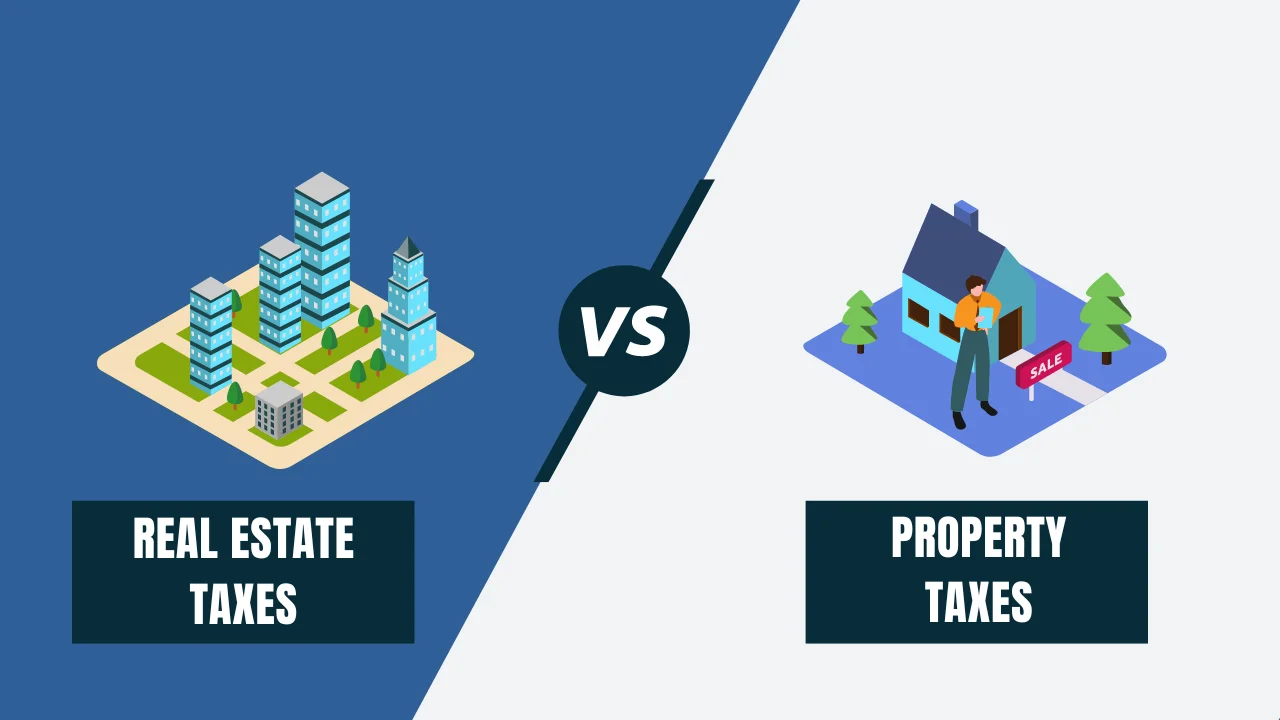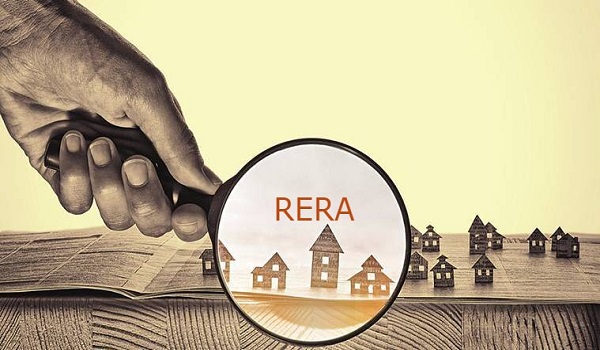Real Property Tax vs. Personal Property Tax: What's the Difference?

Introduction:
Taxes are an important part of life if you own property — whether it is a house, a commercial building or a car. Among the most familiar encountered types of property taxes are the real property tax and a personal property tax.
Knowing the difference between real property tax vs. personal property tax can lead to a more thoughtful financial plan, ensure legal obedience and enable you to make better investment decisions as an individual or business owner. This guide breaks down every type of tax in detail, what sets them apart, and highlights their key differences.
Real Property Definition
Real property, or real estate, usually means “land and improvements to land.” Real estate extends more than the physical land, however, it is also includes the rights, interests, and benefits that come along with the land.
This makes real property broader than real estate. For example, real property includes not just the land, but also the minerals under the surface and the airspace above it. Real property is everything that is attached to the land. Some examples of real property include:
Homes
Land itself
Plants growing on the land
Ground cover (wood chips /gravel/etc.)
Treehouses
Driveways and sidewalks
Garages
Fences
Following Are Some Essential Characteristics of Real Property:
1. Property rights: Real property owners can use and occupy the land and sell or transfer ownership.
2. Transfer of property: Real property may be transferred by deed, reported to the county or state level depending on the property is located.
3. Legal protections: Real property is subject to legal protections in the form of zoning laws and building codes.
Personal Property Definition
Personal property, also known as movable property, refers to anything that isn’t classified as real property and can be moved from one location to another. In the world of the IRS, personal property is defined as tangibles and intangibles.
Tangible personal property: This includes cars, clothing, furniture, artwork, collectibles and anything else that isn’t fixed to real estate.
Intangible personal property: This includes patents, copyrights, stocks, bank accounts or intellectual property.
Here Are Some Essential Features of Personal Property:
Ownership rights: Owners of personal property can own uninterrupted and may dispose of, by means of sale or transfer.
Transferring property: Personal property may be transferred with a bill of sale or other written document showing proof of ownership.
Legal status: Personal property is subject by various laws, including copyright law and trademark law.
Why the Difference Between Real and Personal Property Matters for Taxes
The distinction between real property tax vs. personal property tax can also affect your taxes. It could be relevant if you’re a homeowner or real estate agent, are writing a will, or you’re managing the real estate assets of a family member who recently died.
Real property and personal property can be used in many scenarios, so accurate classification is important—especially when dealing with commercial property in Rajkot. Some types of property may be treated differently by tax laws. With the knowledge of the property’s classification, you can see if there are any tax exemptions that may apply.
It can be a great investment in owning real property, but it’s important to understand the finances involved, like property taxes, appreciation vs. maintenance.
Some states allow a transfer on death (TOD) deed to transfer ownership of real property to another person when the owner of the property dies. This is generally done with real property, but some states permit it for certain kinds of personal property as well.
Are Both Taxes Applicable Everywhere?
No. The application of real property tax vs. personal property tax differs by jurisdiction
Real Property Tax:
Widely applicable worldwide
Available in countries like India, the UK, the U.S., Canada, and Australia
Emerges as a central revenue source for local governments
Personal Property Tax:
Usual in some U.S. regions (Virginia, North Carolina, Kansas)
Rare in most other countries
In India and UK, movable personal property is not taxed annually.
Exemptions and Special Cases
Real Property Tax Exemptions:
Premises owned by religious, charitable or government institutions
Some exemptions for older adults or people with disabilities
Agricultural land can be taxed at lower prices
Exemptions from Personal Property Tax:
Household goods typically excluded
Some business-friendly states may exempt inventory
Non-business use items often excluded
Exemption eligibility is prohibited by local law.
Tips for Managing Property Taxes
Need to keep record of every transaction of properties
Follow the decline of business assets
Consult a tax advisor if you own both real and personal property
Research common exemptions and deductions in your area
Pay tax on time to evade charges
Conclusion
Although they are often confused, real property tax and personal property tax are completely different in that they have different scopes and applications. Real property tax is related to immovable property such as land and buildings and personal property tax is related to movable assets, in the context of business ownership or vehicle registration.
Knowing the difference between real property tax vs. personal property tax, can help a homeowner, investor or business owner to make smarter financial decisions, remain compliant and possibly minimize their tax liability through exemptions and planning.
FAQs
Q1. What is the main difference between real property and personal property?
Ans: Real property refers to land and anything permanently attached to it, such as homes and buildings. Personal property includes movable assets like vehicles, furniture, and intangible assets such as stocks or patents.
Q2. How is real property tax calculated?
Ans: Real property tax is typically calculated based on the assessed value of land and its improvements, multiplied by the tax rate set by local government authorities.
Q3. Do all countries charge personal property tax?
Ans: No. Personal property tax is common in certain regions of the U.S. but is rare in countries like India, the UK, and Canada, where movable personal assets are generally not taxed annually.
Q4. Are vehicles considered real or personal property?
Ans: Vehicles are considered personal property because they are movable and not permanently attached to land.
Q5. Can personal property ever be taxed like real estate?
Ans: Yes, in some U.S. states business assets and registered vehicles may be subject to annual personal property taxes.
Q6. Are there exemptions available for real property tax?
Ans: Yes. Exemptions may apply to religious and charitable institutions, government property, senior citizens, disabled individuals, or agricultural land depending on local regulations.
Q7. Do I need a deed to transfer personal property ownership?
Ans: No. Personal property is usually transferred through a bill of sale or proof-of-ownership document rather than a deed.
Q8. Does real property tax apply to vacant land?
Ans: Yes. Even undeveloped land is taxable as long as it is classified as real property within that jurisdiction.
Q9. Why is correct property classification important for taxes?
Ans: Classifying property correctly ensures tax compliance, helps identify eligible exemptions, and prevents overpayment or legal issues.
Q10. Are household items taxed under personal property tax?
Ans: Generally no. Most jurisdictions exempt personal household goods unless they are used for business purposes.
Read More: Transfer of Property After Death Without Will in India








ADD COMMENT